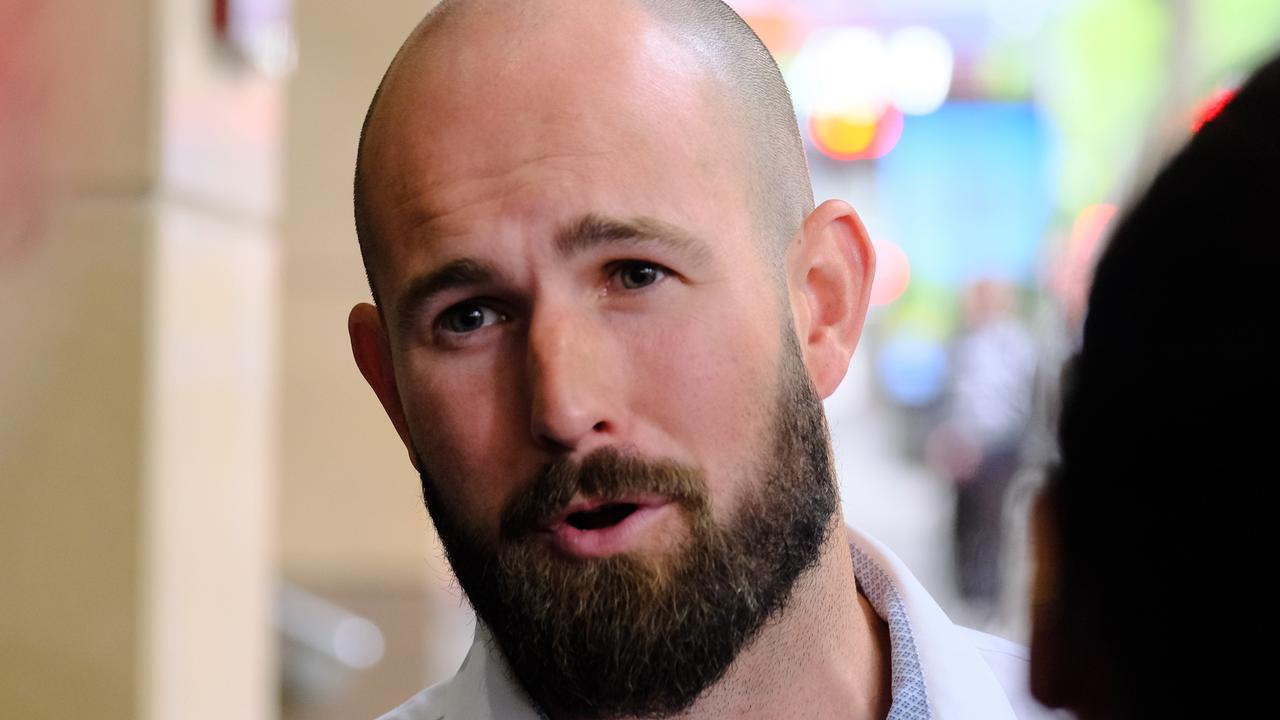Wyndham Council wants crackdown on misleading marketing for new estates
Developers of new housing estates in Melbourne’s west are luring unwitting buyers with the promise of childcare centres and schools — which may never exist. Now Wyndham Council is pushing for more power to protect homeowners.

Wyndham Leader
Don't miss out on the headlines from Wyndham Leader. Followed categories will be added to My News.
Wyndham Council wants to hold dodgy developers to account and tackle deceptive advertising so buyers in new estates aren’t “promised a neighbourhood that never eventuates”.
The council is calling for the State Government to tighten consumer protection regarding new home and land purchases, saying current laws fail to compel developers to honour the services they offer buyers.
And councillors from across the state have unanimously backed the fight, voting this month for the Municipal Association of Victoria (MAV) to lobby the government on the issue.
Wyndham MAV delegate Josh Gilligan said the council received dozens of complaints and concerns about new home or land purchases, regarding estates that did not live up to marketing materials provided before the sale.
“Some of the most concerning of these changes are the removal of child care facilities or other non-residential uses and the inclusion of medium density developments and changes to lot layouts,” he said.
“Some buyers have bought land under the impression that certain services or infrastructure, like schools, had already been funded.”
Cr Gilligan said the council was powerless to hold such developers to account.
“We look forward to the escalation of this issue to State Government, so our ratepayers do not end up being promised a neighbourhood that never eventuates,” he said.
MORE: JILTED HUSBAND IN COURT OVER REVENGE
WERRIBEE AUCTIONER BATTLING TO BE BEST IN THE STATE
WYNDHAM’S SPEED CAMERA HOT SPOTS
Australian Consumer Law prohibits businesses from making false or misleading representations — such as the location, characteristics and existence or availability of facilities associated with the land — regarding land sales.
A court may impose a civil fine of up to $10 million to body corporates that flout this.
A Consumer Affairs Victoria spokeswoman said the Sale of Land Act 1962 imposed a range of offences for making or publishing false representations or statements with the intention of inducing a person to buy land.
A 2019 amendment bill, which is currently before the Victorian parliament, seeks to increase the maximum penalty from 50 to 120 penalty units ($24,178.50) for breaking this law.
Estate agents are also subject to Australian Consumer Law and professional conduct regulations, which — among other things — require them to act fairly, honestly and in good faith.
Following the unanimous vote from the Victorian State Council meeting this month, the MAV will lobby the State Government to review:
■ the level of consumer protection applying in new home and land purchases
■ what audits are being taken on the advertising of new estates
■ and whether strengthening current laws and codes of practice would better protect buyers.


